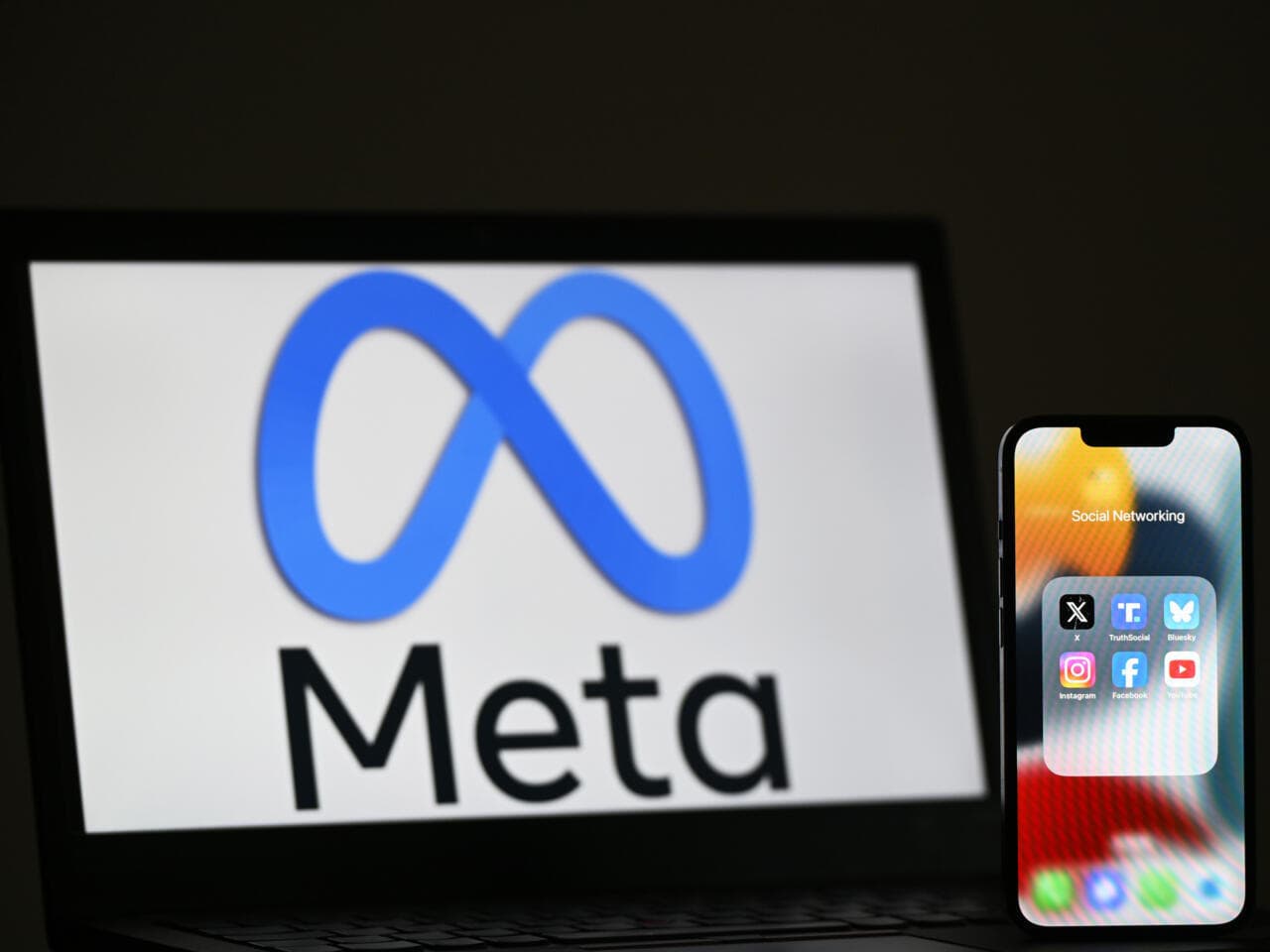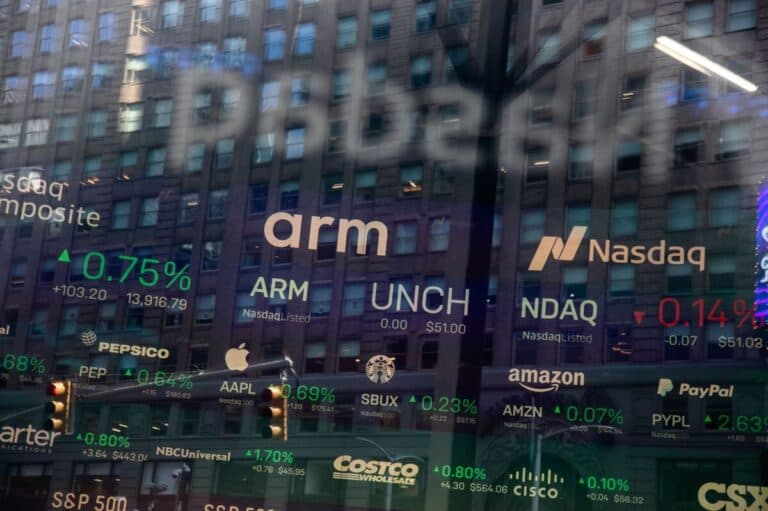Judge Rules Meta Did Not Illegally Monopolize Personal Social Networking
A federal judge dismissed the Federal Trade Commission's attempt to force Meta Platforms to sell Instagram and WhatsApp, finding the agency failed to prove monopoly power in personal social networking. The ruling highlights the growing role of rivals such as TikTok and YouTube and marks a major setback for U.S. antitrust efforts aimed at Big Tech.

A U.S. district judge on November 18, 2025 delivered a decisive victory for Meta Platforms, ruling that the Federal Trade Commission had not demonstrated that Meta exercised monopoly power in the market for personal social networking. The decision spares Meta from a court-ordered divestiture of Instagram and WhatsApp, core pieces of the company that regulators had argued were central to its dominance.
Judge James Boasberg concluded that the social media landscape had evolved in ways that undercut the FTC's case. He found that competition from platforms such as TikTok and YouTube, alongside other services, meant the agency's narrow definition of the relevant market was flawed. That market definition was central to the FTC's legal theory, because proving monopoly requires showing a company controls a defined space in which consumers lack meaningful alternatives.
The ruling came after a long and closely watched trial that pitched the federal regulator against one of the world’s largest technology companies. The FTC had sought to compel Meta to divest the photo sharing service Instagram and the messaging app WhatsApp, arguing those acquisitions had insulated Meta from competition and consolidated its control over personal social networking. Judge Boasberg rejected that argument, finding the evidence insufficient to prove the degree of market power the agency needed to prevail.
The outcome is being portrayed by antitrust advocates and industry lawyers as a significant setback for federal efforts to rein in major technology companies through traditional monopoly litigation. The FTC said it was reviewing options following the ruling. Meta described the decision as recognition of the competitive realities of the sector and a vindication of its business model.
Beyond the immediate fate of Instagram and WhatsApp, the ruling is likely to have broader implications for how regulators frame future cases against platform companies. The judgment emphasizes the centrality of market definition in monopoly claims and suggests courts may be skeptical of narrow market constructs that exclude prominent rivals. That could make it harder for regulators to secure structural remedies through litigation, and it may shift attention toward other enforcement tools such as merger review, consumer protection actions, and regulatory rulemaking.
Legal analysts said the decision will prompt scrutiny of the agencies tactical choices in bringing high profile cases against technology firms. The FTC’s review of its next steps will be watched closely, since an appeal could bring the question to the D.C. Circuit and potentially reshape the legal landscape for digital competition.
For consumers and advertisers, the immediate effect is continuity. Instagram and WhatsApp will remain part of Meta’s portfolio, preserving the integrated services advertisers and many users have come to rely on. For policymakers and regulators, the ruling raises difficult questions about how to adapt antitrust doctrine to rapidly changing digital markets while pursuing meaningful remedies to preserve competition.


